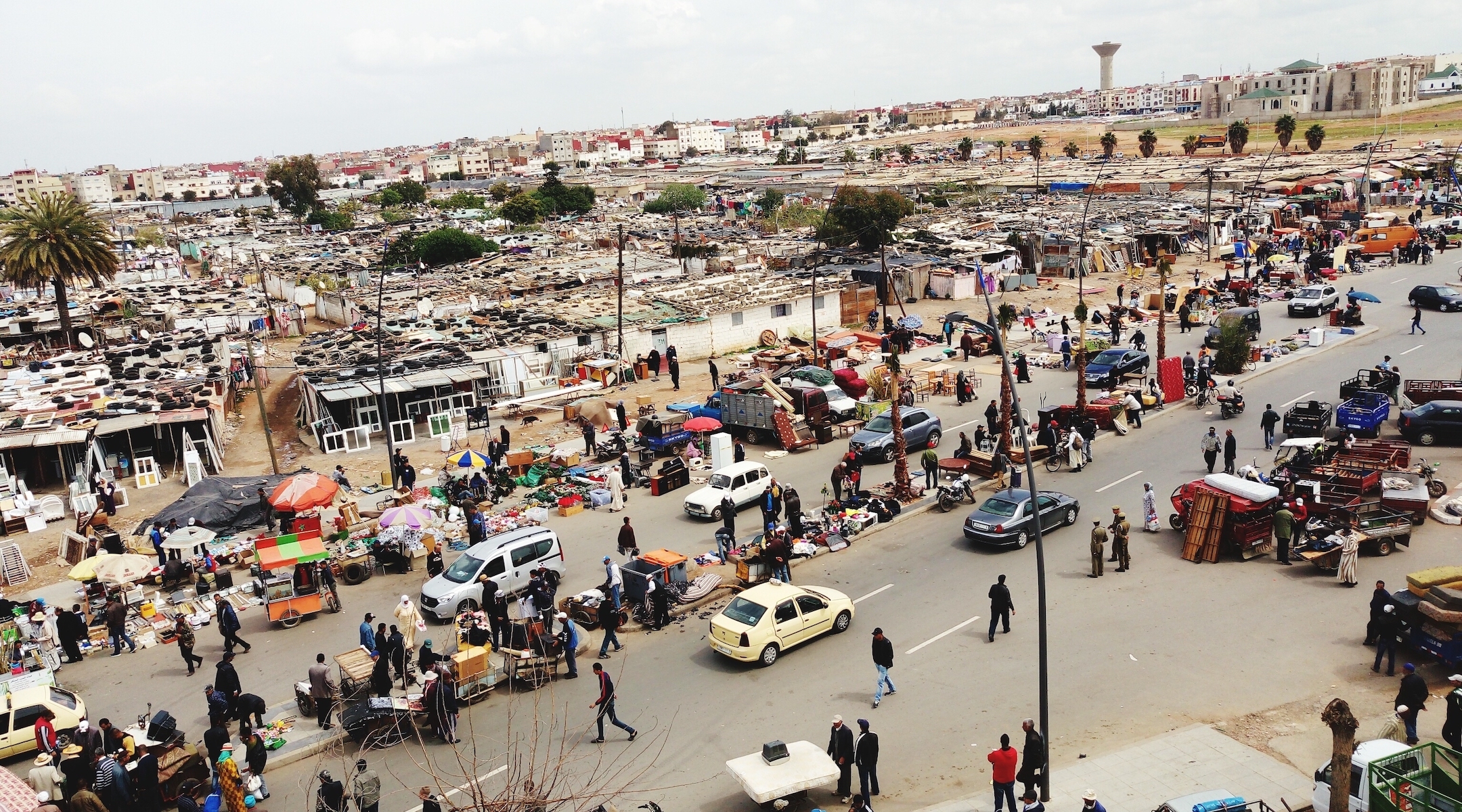In a first, Israel’s prime minister will visit Morocco
The invitation is a sign of the country’s appreciation for Israel’s recognition of its claim to disputed the Western Sahara

A view of Rabat, Morocco’s capital city. (Getty Images)
(JTA) — Moroccan King Mohammed VI invited Israeli Prime Minister Benjamin Netanyahu to visit Morocco days after Israel recognized the country’s claim to the disputed Western Sahara.
“The invitation was sent in a warm, personal letter in which His Majesty thanked the State of Israel for its recognition of Moroccan sovereignty over the Western Sahara,” Netanyahu’s office said in a statement it released Wednesday. “King Mohammed VI wrote Prime Minister Netanyahu that the visit would open up new possibilities for strengthening relations between their two countries.”
Israel and Morocco normalized ties in 2020 under the Abraham Accords, a series of agreements between Israel and a few of its Arab neighboring countries. Senior Israeli officials have visited the country, but this will be a first for an Israeli prime minister.
Israel this week became the second country after the United States to recognize Morocco’s claim to oil-rich territory it annexed in 1975, as Spain ended its colonial presence there. Indigenous Sahwari rebels launched a war to keep Morocco from claiming the territory; a 1991 ceasefire fell apart in 2020.
The statement from Netanyahu’s office said top aides in both countries were now working out the details of the visit.
Moroccan Jews, who have been present in the country for centuries, have maintained close ties with its leadership even during periods when there were no relations with Israel. The country’s Jewish community, once estimated in the hundreds of thousands, numbered just over 2,000 in 2015, according to a prominent researcher.
This article originally appeared on JTA.org.
















